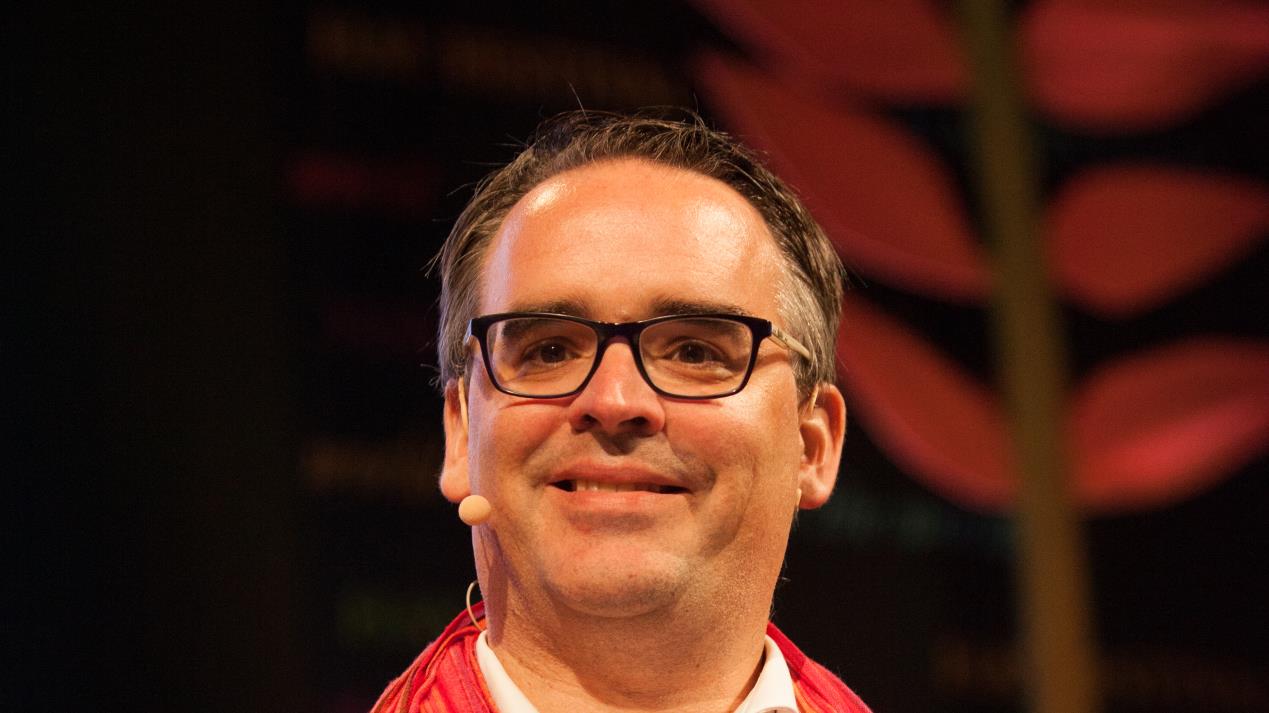
Professor Thomas Weber spoke to journalist Rosie Goldsmith about his latest book, Becoming Hitler: The Making of a Nazi. Weber examines the period between 1919 to 1925 and asks questions that reconsider how Adolf Hitler’s political strategy was formed in that time.
Weber said that following Germany’s defeat in 1918, Hitler, who fought in the First World War, was driven by the questions “Why did Germany lose the war?” and “How could Germany be re-cast to be safe for all times in a rapidly changing world?” During his research Weber was surprised that families of both Nazi victims and perpetrators were willing to talk about their familial past. He thought that once it was clear he was not approaching their stories with judgement, people wanted to help find answers to their own unresolved questions about Germany’s past.
In Weber’s view Hitler, influenced by Composer Richard Wagner, created an entire Gesamtkunstwerk, a totally choreographed performance of himself to enable him to attain powe and he described Mein Kampf as a “fictional bildungsroman” or fictional education. He said Hitler’s anti-Semitism began from ideas about power as a “metaphorical anti-Semitism”, a “predominantly anti-capitalist anti-Semitism … very much driven against ideas of finance capitalism and exploitative capitalism.”
When asked if the rise of Hitler was due to Hitler’s political strategy or the situation in Germany at the time, Weber said he would need a whole other session to begin to answer that question.
If you missed this you might enjoy Event 271, The Race to Save the Romanovs, Helen Rappaport at 1pm today, 31st May.